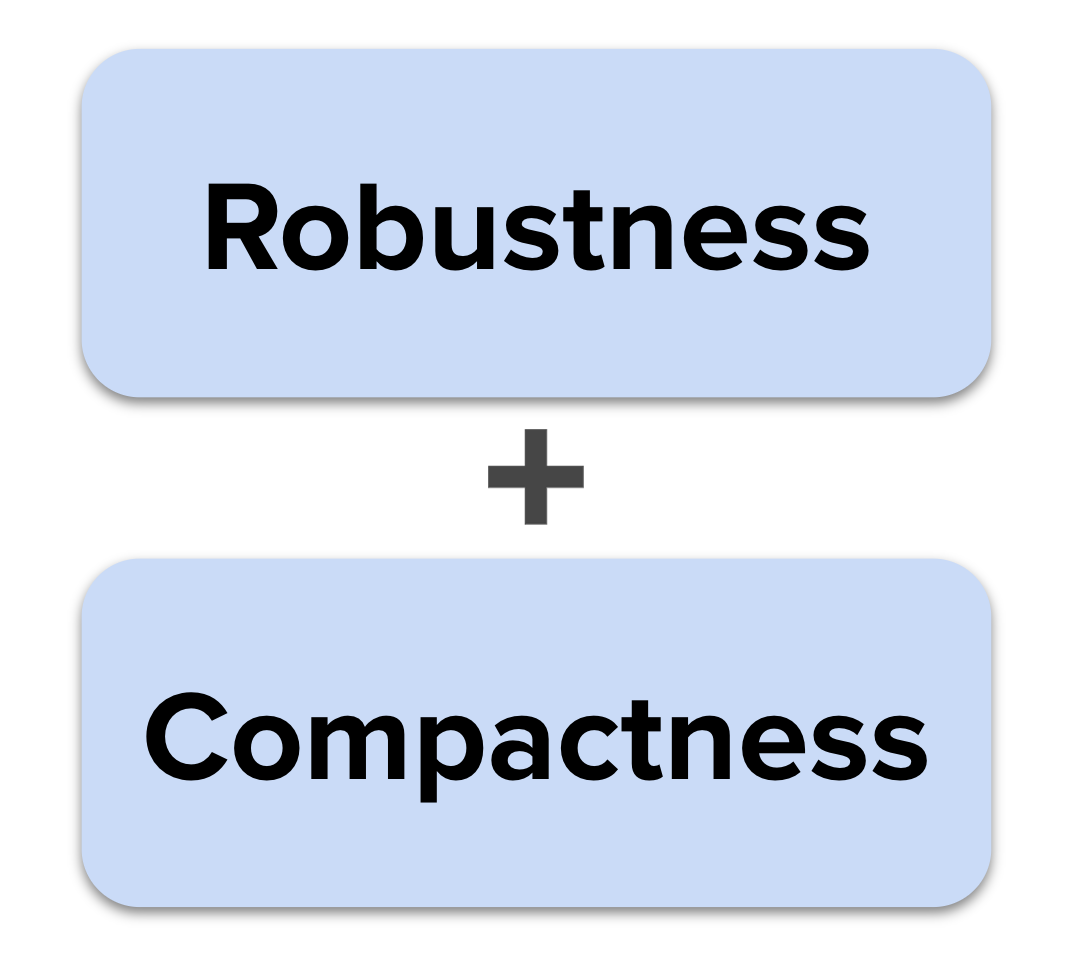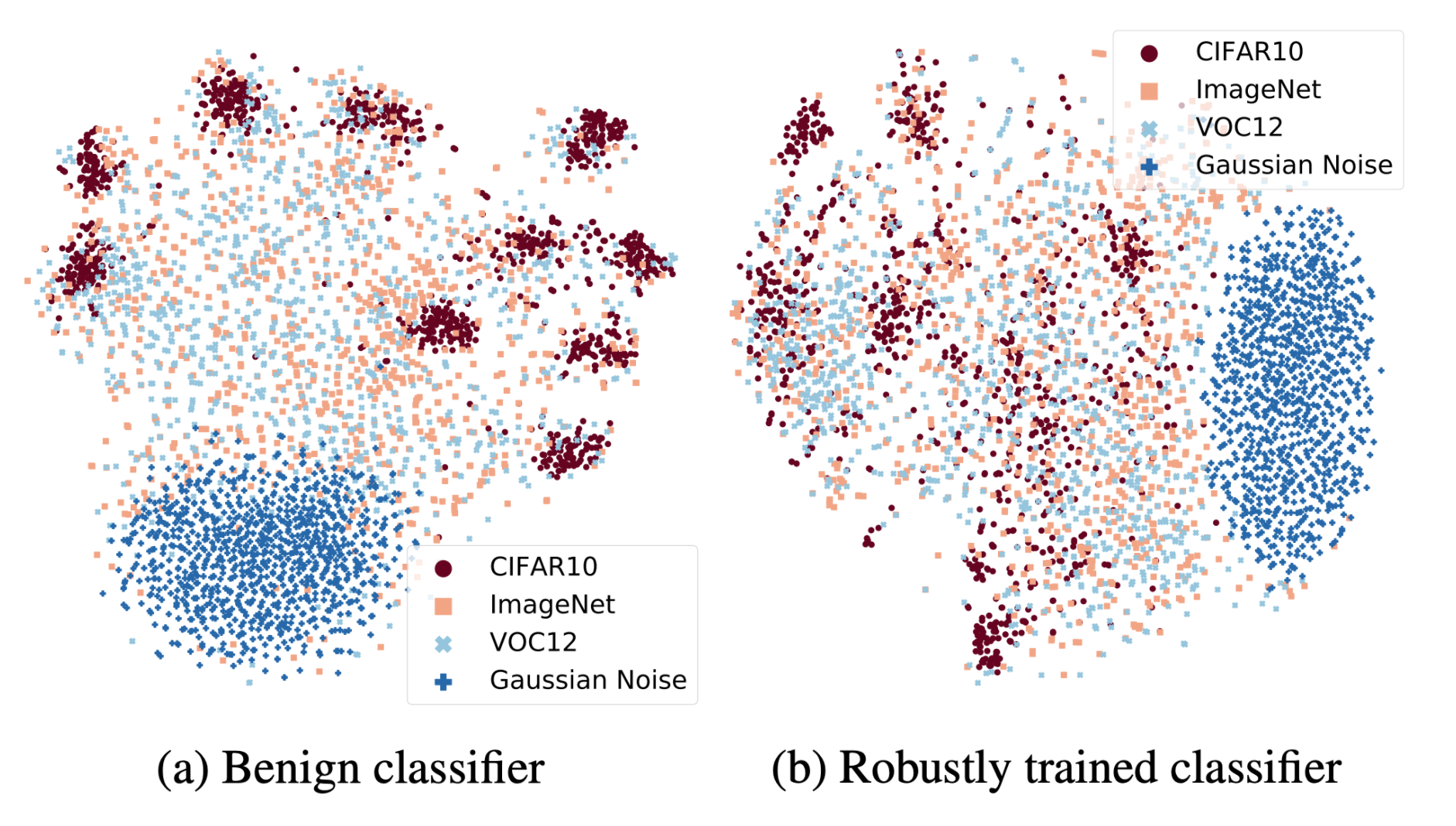
Research Scientist, GDM
sehwag.vikash@gmail.com
I am a research scientist in Gemini core post-training team at Google DeepMind. I work on improving reasoning, RL, and overall post-training effectiveness.
I received my PhD from Princeton University and undergraduate from IIT Kharagpur. My previous experience includes Meta AI, Sony AI, and Microsoft Research.
- Democratizing end-to-end GenAI development. I led end-to-end development of text-to-image generative models that cut training cost by 14x (to less than $2,000) while achieving image generation quality comparable to early Stable Diffusion models [1]. I also contributed to the development of a highly compact yet multitask foundation model for vision [2].
- Data provenance in age of GenAI. Concerned by the vast amount of generative content online, we developed techniques to identify synthetic samples [3], even in the absence of artificial watermarks, and tracing them to source generative models [4].
- Safer generative AI. We demonstrated privacy risks in real-world diffusion models and developed privacy-preserving sampling and training methods [5, 6, 7, 8]. We also developed techniques and benchmarked automated generation of adversarial and unsafe content from generative models [9, 10].
- Benchmarking and evals. We developed the widely adopted RobustBench benchmark [11], followed by MultiRobustBench to account for multiple attacks [12], and most recently JailbreakBench [13] to benchmark progress on jailbreaks against LLMs. We have also written a detailed discussion on nuanced similarity and distinction in security and safety approaches towards Trustworthy AI [14].
- Robust machine learning. We conducted an in-depth exploration of adversarial robust learning, including circumventing its higher sample complexity using synthetic data [15], finding fundamental limits on robustness [16], demonstrating higher robustness with transformers [17], robustness across threat models [18, 19, 20], the effect of model scaling and compression [21, 22], and adversarial risks in transitioning from closed-domain to open-world systems [23, 24].
























